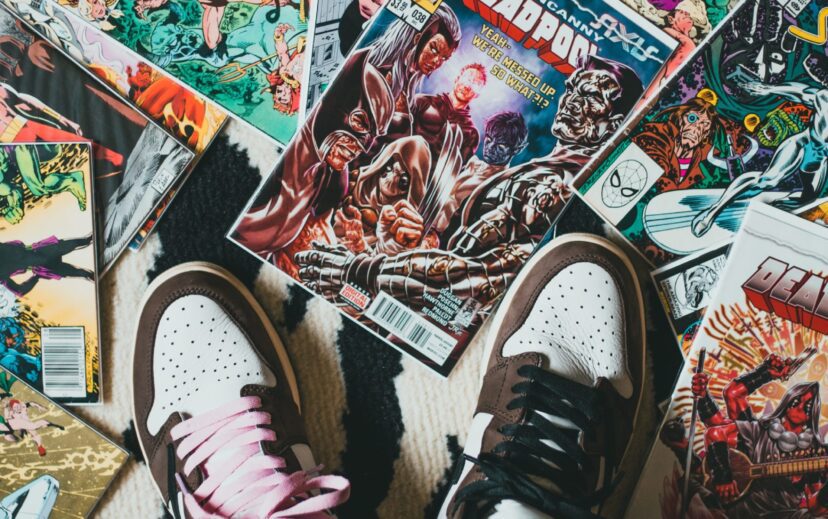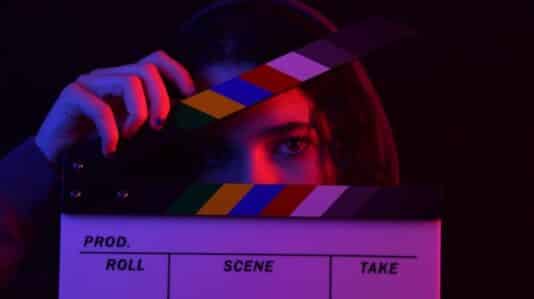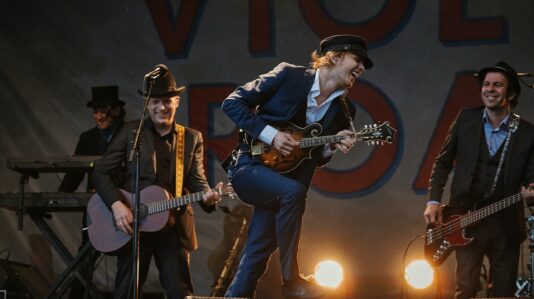Long before the successful movie franchise, writers and artists created a host of characters for Marvel Comics. While they gave their copyright to Marvel decades ago, under U.S. copyright law, they may have the chance to terminate the transfer of copyright now. That would give them the ability to negotiate a share in the substantial revenue generated by the characters. Not surprisingly, Disney (who owns Marvel Entertainment) is aggressively fighting back. While this case may seem like something that only affects the parties, the broader issue of the rights of creators hired by companies to develop intellectual property is important to many businesses and individuals.
What Is the Right of Termination under U.S. Copyright Law?
U.S. copyright law allows a creator or the creator’s heirs to regain ownership of rights transferred to another party under certain circumstances. See 17 U.S.C. §§ 203, 304(c), and 304(d). The purpose is to allow creators to take advantage of the economic success of the work long after the license was transferred.
Eligibility requirements for copyright termination vary depending on when the transfer was made, who executed it, and when copyright was originally secured for the work. Generally, the right to terminate begins 35 years after execution of the transfer but the right must be exercised within a five-year period. In addition, the creator must give at least two years’ notice of termination and record the notice with the U.S. Copyright Office.
Notably, a work is not subject to termination rights if it is a work made for hire. Determining whether a work is work made for hire is typically fact specific. The work-for-hire doctrine provides that the creator does not own the copyright to a work if:
- a work is prepared by an employee within the scope of employment or
- a work is specially ordered or commissioned; provided, however, that the work falls into one of nine types of works listed in the U.S. Copyright Lawand the parties expressly agree in a written instrument signed by them that the work is considered a work made for hire.
Why Are the Cases in Court?
Five writers and artists are now within the termination period and have served Disney with notices of copyright termination. They are Lawrence D. Lieber (Stan Lee’s younger brother), Steve Ditko, Don Heck, Heirs of Don Rico, and Heirs of Gene Colan. These individuals helped create many Marvel characters, including Doctor Strange, Black Widow, Hawkeye, Iron Man, Ant-Man, Thor, Spiderman, Captain Marvel, Falcon, Blade, and the Wizard. Some of the copyrights could revert to the writers/artists as soon as 2023. In response to the termination notices, Disney sued in New York and California to have them declared invalid.
At stake in the litigation is significant revenue. If copyright is terminated, the writers/artists will have the power to negotiate to receive a share of the profits from new works based on their copyrighted material, including movies, television shows, merchandise and other uses of those characters.
What Are the Legal Arguments?
Disney claims that the works were works made for hire. As a result, the rights are owned by Marvel/Disney and the writers/artists cannot terminate. The company made a similar argument in a previous case involving Jack Kirby, an illustrator, writer and editor who co-created Iron Man, the Hulk, Captain America, the Fantastic Four and others. The heirs of Kirby also sought to terminate the rights transferred to Marvel. The U.S. Court of Appeals for the Second Circuit ruled in favor of Marvel, reasoning Kirby’s contributions were works made for hire. While the Supreme Court was deciding whether to take up the case, the parties settled.
The writers/artists argue that when the characters were created, they were not works for hire. Instead, they were hired as freelancers and independent contractors who transferred their rights to Marvel.
How Will the Litigation End?
While it remains to be seen how a court with rule, it is clear that Disney will aggressively fight to maintain its rights. Disney has an extensive history arguing for copyright laws in its favor. For example, a 1998 law extending the length of time that copyrights are protected before they go into the public domain was driven in part by Disney—who was anxious not to lose rights to Mickey Mouse. The Marvel characters are a source of substantial revenue, and the writers/artists should expect a long battle ahead.
Regardless of what occurs in the case, businesses and writers, artists and other creators should understand work-for-hire rules. Consult an experienced attorney to ensure your rights are protected.
Photo by Erik Mclean on Unsplash




